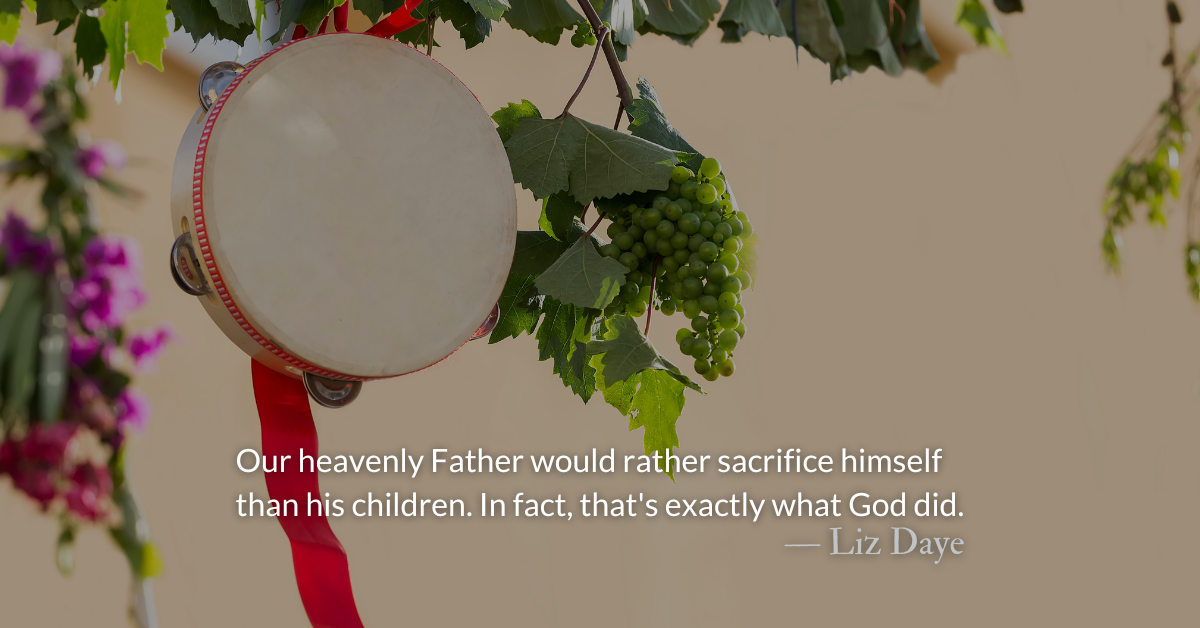Scripture Focus: Ephesians 5.21-25
21 Submit to one another out of reverence for Christ.
22 Wives, submit yourselves to your own husbands as you do to the Lord. 23 For the husband is the head of the wife as Christ is the head of the church, his body, of which he is the Savior. 24 Now as the church submits to Christ, so also wives should submit to their husbands in everything.
25 Husbands, love your wives, just as Christ loved the church and gave himself up for her.
Originally published on July 11, 2023, based on readings from Ephesians 5.
Readers’ Choice posts are selected by our readers:
Erin, Texas — Despite addressing this topic before, each year we need reaffirmation of the value of women in ministry. The debates were heightened over the summer when some churches were disfellowshipped for women pastors. Thank you for this encouragement!
Brian, Washington D.C. — Thank you for the gift of this reflection. The Word is the Word. And so many pastors jump past these verses and rush to a verse and declare that verse ends the conversation. Drives me nuts. The Bible can be blunt and direct and can also cause us to study and pray and think about what is in this holy text.
Reflection: Beyond “Plain Reading” — Readers’ Choice
By John Tillman
We often describe the Bible as a park in the midst of the city — a place of restoration and peace amidst the concrete-coated, steel-and-glass struggles of life.
Some Bible passages, however, are less like peaceful parks and more like battlegrounds. When passages have been weaponized and abused, how can we stop hearing them as weapons but as God’s word?
Today’s passage and other Pauline passages about women are such cases. One chapter of Confronting Christianity is “Doesn’t Christianity Denigrate Women?” In it, Rebecca McLaughlin mentions that Ephesians 5.22 repulsed her at first. It seemed hierarchical and prime for abuse.
One reason many think such passages are abusive is how some Christian voices interpret them. Using a “plain reading” they say Paul tells women to sit down. To shut up. To go home. Are they right?
We need to go beyond “plain reading” because the Bible is not plainly written. Peter points out that the difficulty of interpreting Paul leads to destruction. (2 Peter 3.15-17) Treating the Bible as clear-cut instructions which need no interpretation is foolish. Treating our interpretations as infallible is arrogant.
“Plain reading” conveniently lets us carry our prejudices and culture into scripture rather than reading the text in the context and culture of the writer. We better understand Paul’s words in the context of his actions. Are men to be lifted up and women to be pushed down? Did Paul intend that? Did Paul believe it? Did Paul enact it?
Paul’s treatment of women interprets his words about women. What women did in Paul’s ministry tells us how “submissive” women behave and what they do. Phoebe the deacon, Junia the apostle, Lydia the business owner and church founder, Priscilla the theological teacher…these are not rebels or heretics. They are women following Paul’s words, obeying his intent.
We need to read scripture humbly, contextually, and repeatedly. Don’t give up on passages that have been abused or argued over. The Bible has pearls of great price, treasures hidden in fields, and riches of wisdom to be mined. You’ll rarely strike gold with the first turn of a shovel or solve thorny theological problems with the first turn of a page. (Or 400 words of a devotional.)
We’ll find what Paul means by walking in the steps of Paul and of Jesus. With humility and patience, battlefields can once again become peaceful parks.
From John: To go more in depth on this issue and other challenging topics, I recommend McLaughlin’s book, Confronting Christianity. I am, through my church, helping lead a book club of atheists, agnostics, and deconstructed people discussing the book and it is an excellent place to start for those exploring challenging questions about Christianity.
Divine Hours Prayer: The Morning Psalm: The Sparrow has Found a Nest
…My soul has a desire and longing for the courts of the Lord; my heart and my flesh rejoice in the living God.
The sparrow has found her a house and the swallow a nest where she may lay her young; by the side of your altars, O Lord of hosts, my King and my God. — Psalm 84.1-2
– From The Divine Hours: Prayers for Summertime by Phyllis Tickle.
Today’s Readings
1 Samuel 24 (Listen 3:36)
Revelation 4 (Listen 2:09)
Read more about None Excluded or Excused
For Paul, ministry was collaborative. Paul’s ministry team included all races, men and women, young people and elders, slaves and free, rich and poor.
Read more about No Asterisks
Deborah’s judgeship doesn’t deserve an asterisk…God did not “settle” for Deborah. He chose her.











